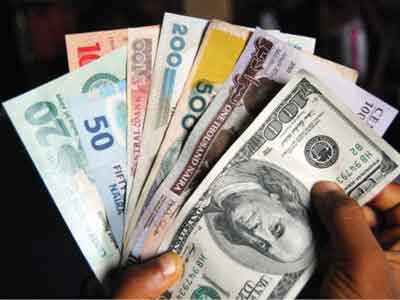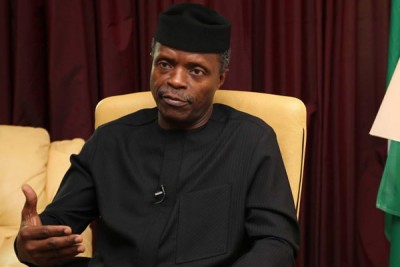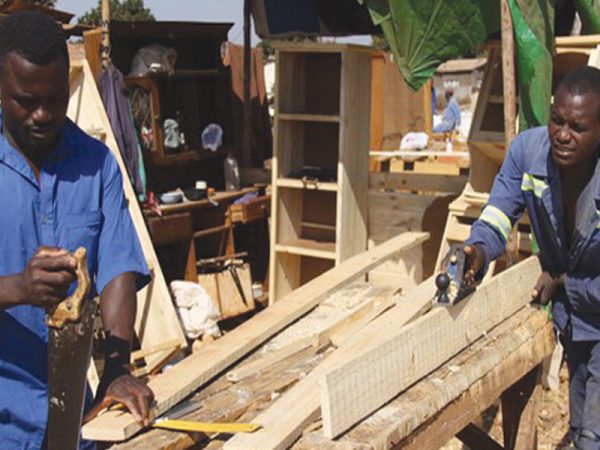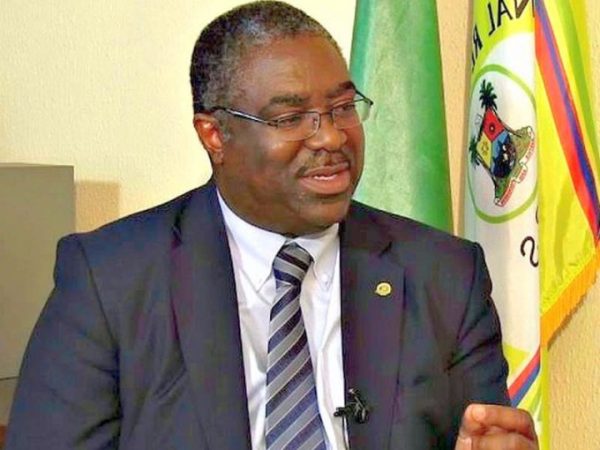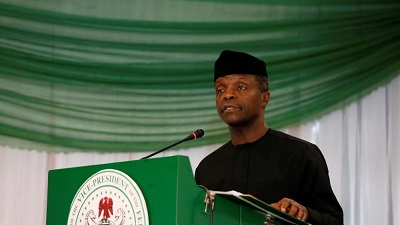2018 Budget: Saraki Queries Rising Recurrent Expenditure
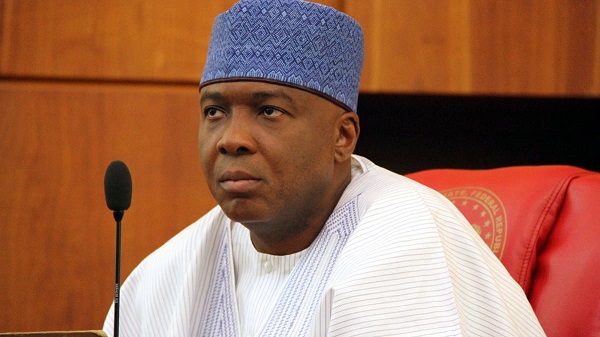
- Senate may pass MTEF today •Bill mandates IOCs to remit 3% of budget for N’Delta development
The Senate President, Dr. Bukola Saraki, has expressed worry over the rising recurrent expenditure as being observed in the 2018 N8.612trillion Appropriation Bill.
Saraki said the increase is probably caused by corruption through the recurrent expenditure, after the government blocked leakages in capital expenditure.
The sum of N2.65 trillion was appropriated as recurrent expenditure in the 2016 N6.06 trillion budget. In the 2017 N7.3 trillion budget, N2.9 trillion was appropriated for recurrent, but as at November 2017, the Minister of Budget and National Planning, Senator Udo Udoma, said recurrent expenditure had hit N4.2 trillion. The 2018 N8.621 trillion budget estimates proposes N3.5 trillion for recurrent expenditure.
Saraki in his remarks at the continuation of debate into the details of the budget proposal, yesterday said the increase is a matter for concern.
“It appears that our recurrent expenditure, personnel, have started creeping up again. It was well managed but I have noticed an increase and all the different committees need to look into that. My concern is that government has been able to effectively block leakages in capital expenditure, then maybe people have now moved to recurrent and personnel expenditure for all sorts of unscrupulous activities,” he said.
Saraki also questioned how realistic the oil output projection is, at 2.3m barrels per day, where the country had 1.9mbpd in 2017.
He explained that in the last two months, the Federation Accounts Allocation Committee (FAAC) had not been able to put any money in the Excess Crude Account, even though oil prices have been as high as $60 per barrel.
“The only reason must be that oil production is much less than what we are budgeting for. I think this is an area we need to look at seriously, it must be that the level of theft and vandalism that are still going on is very high and it is not being properly reported, I think we are the National Assembly have a role to play,” Saraki said.
Speaking further, he queried the projections for independent revenue and expressed hope that the lawmakers would address it, else it would cause a huge deficit for the budget implementation.
He added that smuggling remains a threat to a proper implementation of the budget, and must be tackled.
“A lot of complains were raised on budget implementation. Our position is that before the year ends, we will have 50 per cent of 2017 budget implemented. We need to hold government to this commitment,” he said.
During the debate earlier, Senator Lanre Tejuosho lamented that the health sector is the biggest casualty of the 2018 budget and warned that Nigeria would continue to bear the brunt of health tourism if adequate funding is not provided to revamp the sector.
Tejuosho also canvassed health insurance for Nigerians at the cost of N200 per month, which he noted would amount to N34 billion on a monthly basis.
Senator Olusola Adeyeye, who is the Chief Whip of the Senate, said there is a lack of enthusiasm in the budget debate.
He called for a reduction in the allowances of all politicians across board to reduce the cost of governance.
‘I don’t want a budget deficit, no gain without pain, we must face the truth collectively,” Adeyeye said.
Other senators contributed to the debate which continues today, with more voices canvassing an increase in oil benchmark from $45 to $50.
Meanwhile, there are indications that the 2018-2020 Medium Term Expenditure Framework would be passed after its consideration on today.
Although the document was not listed for consideration on the Senate order paper, Senate Leader, Ahmed Lawan, called it up as the last item for the day.
Senator Dino Melaye however argued against the consideration of such a ‘critical document’ when most of the lawmakers had left the chamber.
“There are only four PDP senators here, and we do not have a quorum,” he said.
Lawan’s plea for consideration as “we are racing against time” was not heeded to by the Senate Minority Leader, Senator Godswill Akpabio, who jokingly said MTEF was ‘smuggled, in.
The lawmakers agreed to step down the consideration for today.
Also, the Senate yesterday passed an amendment to the Niger Delta Development Commission (NDDC) Establishment Act of 2000, which mandates International Oil Companies and Gas firms to Remit three percent of their total budget, for the development of the Niger Delta region.
The amendment, sponsored by Senator Peter Nwaoboshi, (Delta PDP), is intended to augment and strengthen the Principal Act so as to clarify certain provisions of the Act.
It also obliterates some loopholes and provides a push to the commission towards excellent service delivery, for positive impact on the region and the nation.
In another development, the Senate also mandated the Committee on Petroleum Resources (Upstream) to investigate the implementation of Production Sharing Contracts (PSC) agreements of 1993, between the International Oil Companies and the Nigerian National Petroleum Corporation (NNPC).
The committee would also determine the extent of revenue losses and proffer lasting solution to the problems of implementing the agreement.
The Senate also urged agencies charged with statutory responsibility of reviewing the contract to do so to reflect the current economic condition in line with the 1999 Constitution.
The resolution followed a motion sponsored by Senator Donald Alasoadura and three others who said Nigeria has lost close to $60 billion to the non enforcement of the terms of the contract.
Alasoadura said the agreement provides that royalties paid by IOCs on oil blocks located in deep water should be reviewed upward when crude oil price exceeds $20 per barrel.
“The PSC also provided for the investment tax credit of 50% against the rate of between 5% and 20 per cent provided in the PPTA,”
“Worried that oil price crossed the $20 mark (in real time) in May 2004 and yet royalties were not reviewed upwards as provided by the terms of the PSC, (15 years from 1993), as provided by the terms, leading to monumental loss of revenue to the federation, “ Alasoadura said.
Saraki, presiding, lamented that the country is suffering huge losses because some persons saddled with responsibility of protecting Nigeria’s interests, fail to do their jobs.
“The question as to why the simple issue where there is clear agreement when crude oil goes above $20 per barrel, but some people because of their own personal interest, decide to keep quiet at the expense of this country. This matter needs to be investigated. There is revenue within the country we can find instead of continuously trying to borrow money,” Saraki said.
Copyright MMS Plus.
All rights reserved. This material, and other digital content on this website, may not be reproduced, published, broadcast, rewritten or redistributed in whole or in part without prior express written permission from KINGS COMMUNICATIONS LIMITED.




